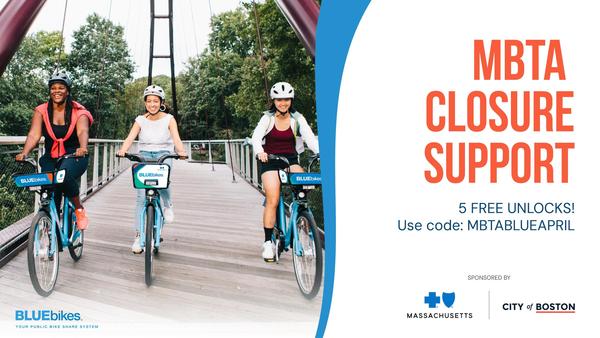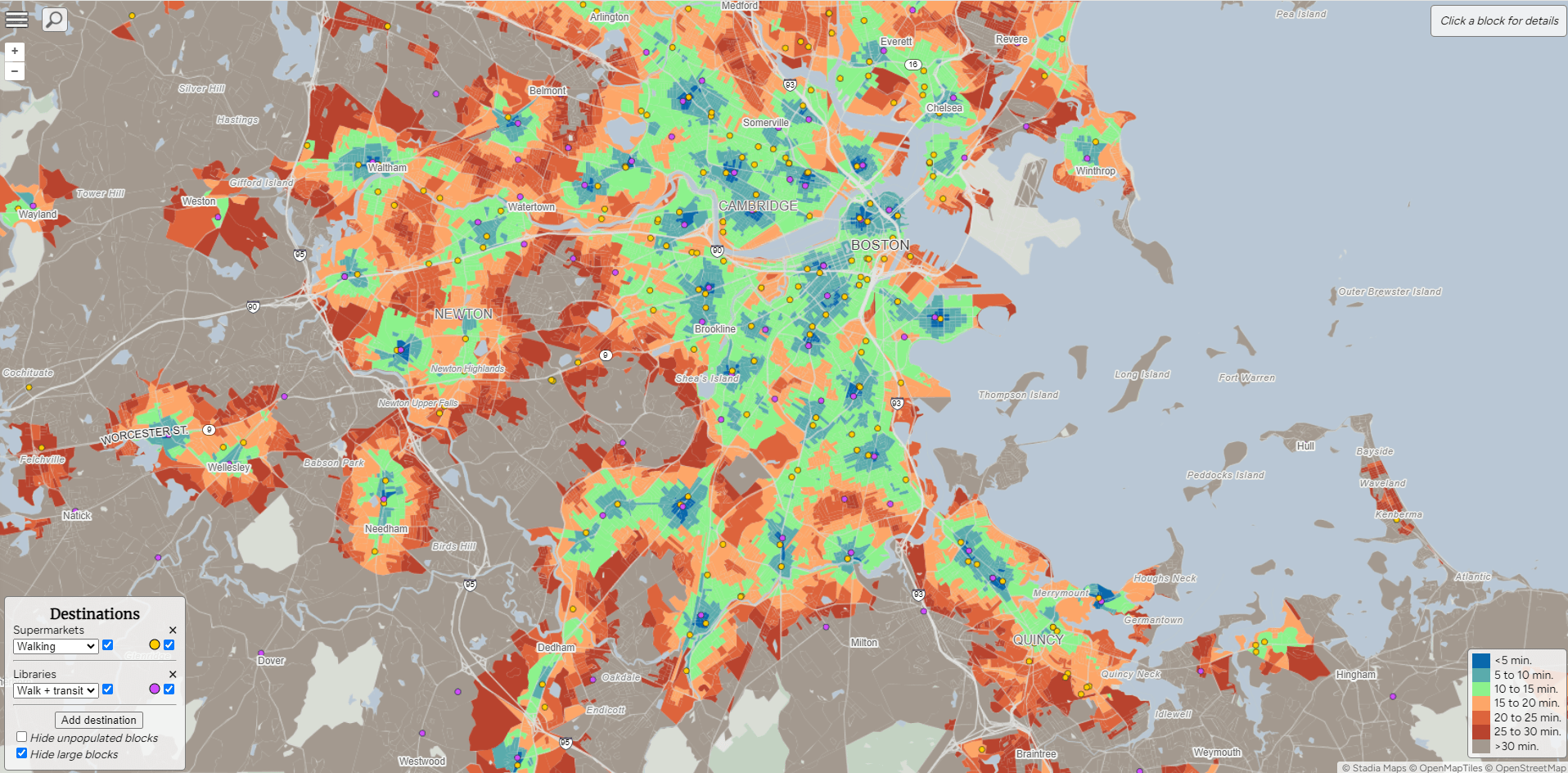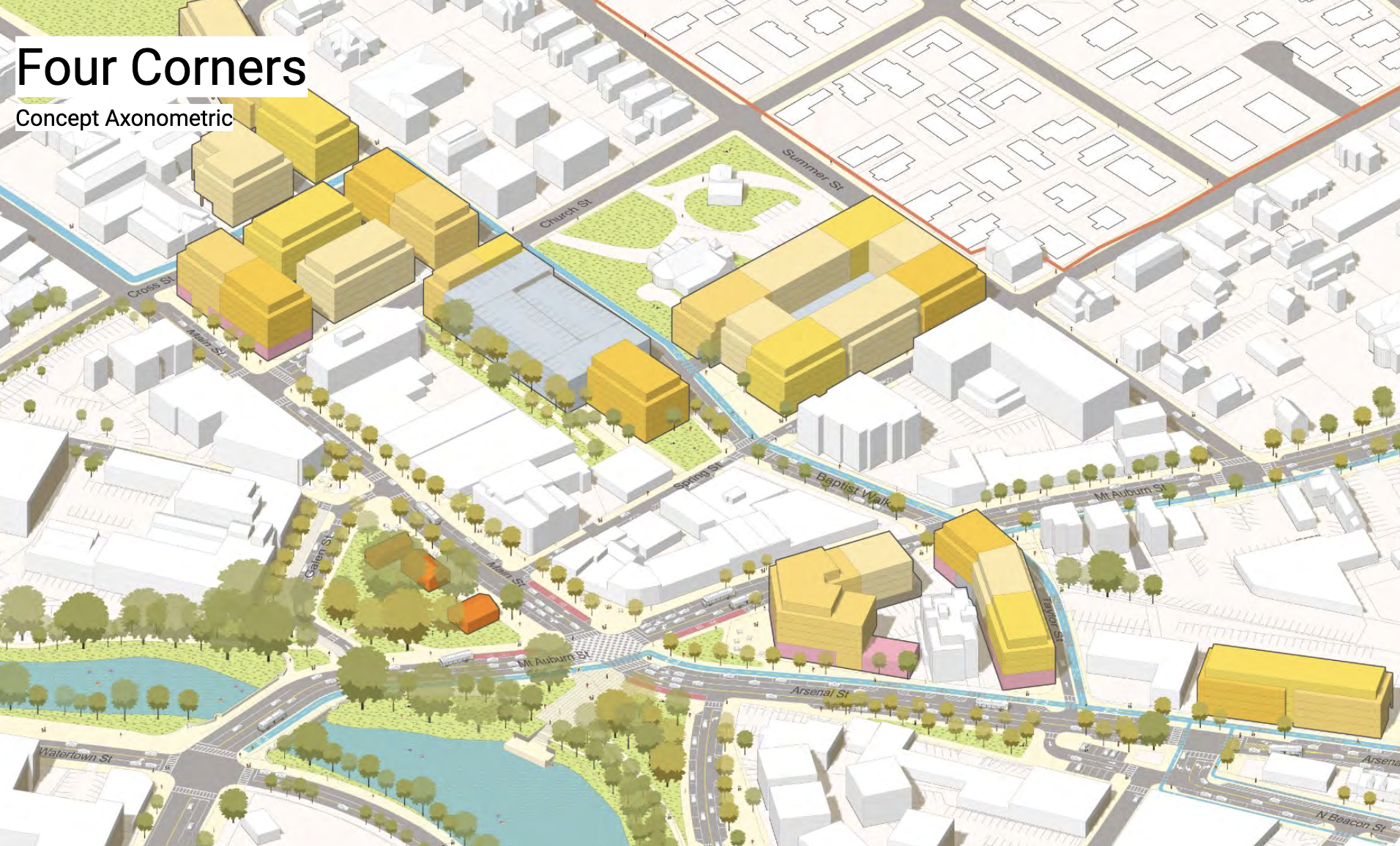MBTA Board Updates: More Fairmount Line Service, Action On Bus Garages
10:55 AM EST on January 28, 2020
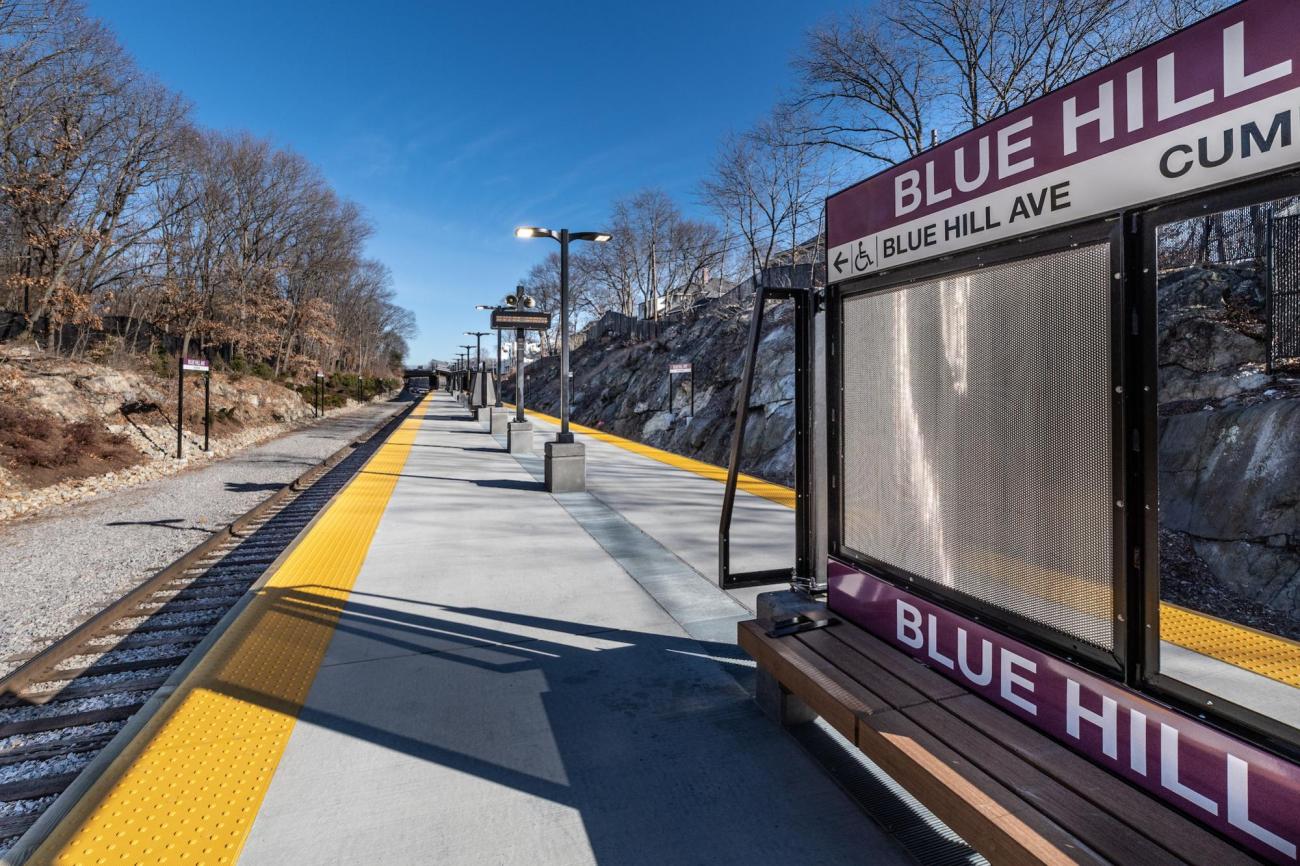
The Blue Hill Avenue Fairmount Line stop, pictured in spring 2019. Courtesy of the MBTA.
Today's meeting of the MBTA Fiscal and Management Control Board (FMCB) advanced several initiatives to improve bus and commuter rail service, and also discussed Governor Baker's new budget proposal.
More Fairmount Line service approved
The FMCB unanimously endorsed a one-year pilot project, proposed by the City of Boston, to add additional service to the Fairmount Line and add CharlieCard readers to its platforms.
Starting in May, the MBTA will add 8 daily trips (4 inbound and 4 outbound) to the Fairmount Line's schedule. The tentative schedule is illustrated in the timetable below, with new trips highlighted in green:
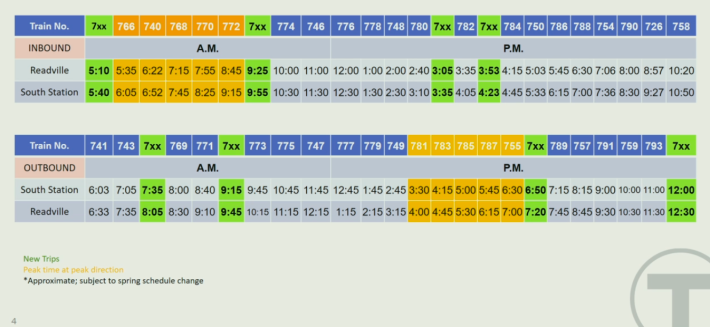
The pilot project will also install CharlieCard readers on Fairmount Line platforms, so that the fare structure will be more like the T's subway lines – a longtime goal of Fairmount Line advocates.
During public testimony at the beginning of the meeting, the City of Boston's Chief of Streets, Chris Osgood, urged board members to approve the pilot project.
"It's the only line on the commuter rail system where the majority of riders are persons of color. Increasing frequency on the Fairmount Line is an issue of transit equity... improved service will allow more people to access the wealth of opportunities across this region, and be able to participate in those opportunities."
Consulting contract to advance bus garage projects
The FMCB also approved a five-year, $46.9 million project management contract with Jacobs Engineering Group, Inc. to get help with the agency's backlogged bus garage projects, the major limiting factor that's preventing the agency from adding more bus service.
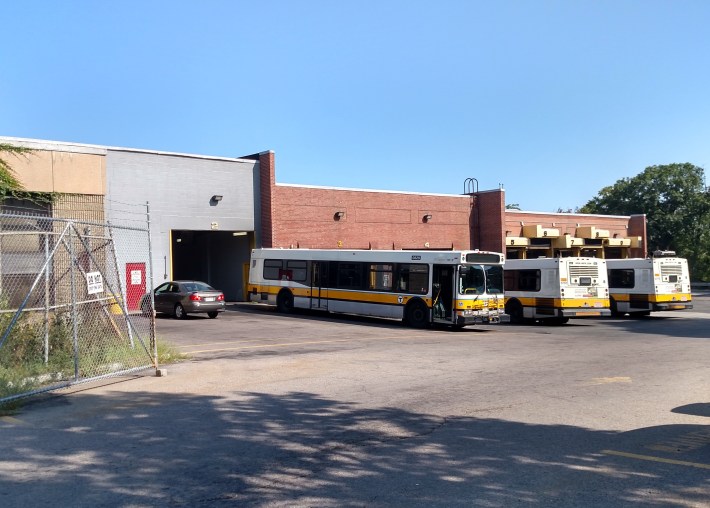
The T's bus garages have large deferred maintenance issues and renovation needs that have languished for years as T management focused on repair and modernization of the agency's rail lines.
In a brief presentation, Scott Hamwey, MBTA Director of Bus Modernization, said that "this contract is going to give the office of the chief engineer the bandwidth it needs to move forward with all nine bus facilities, and potentially new ones."
The contract will help the agency with design, permitting, real estate services, and public engagement to ultimately "provide conceptual level designs to fully define projects for execution by (the MBTA's) Capital Delivery (office)."
Changes approved for new Red and Orange Line cars
The FMCB also approved a $49 million change order to its contract with manufacturer CRRC MA, which is building 152 new Orange Line vehicles (14 of which have been delivered) and 132 Red Line cars.
The majority of the extra spending – $30.7 million – will go to install larger LCD information display screens in each car. The change order will also add overhead hand rails in the new Red Line cars, add de-icing equipment, and make various other upgrades to the trains' surveillance cameras and technical systems.
MBTA staff stressed that these change-orders have nothing to do with the door malfunctions that took the new Orange Line cars out of service last fall – the technical fixes necessary to address those problems were the responsibility of the manufacturer, CRRC MA.
Groundwork for rail and bus transformation offices
MBTA staff also discussed organizational structures for new offices of bus and rail transformation. These new programs will focus on implementing the FMCB's commitments to electrify and increase service on the commuter rail system and make ambitious improvements to bus lines through the "Better Bus" program.
Additional staff in a "commuter rail transformation" office would initially focus on technical and operational studies on what would be necessary to electrify and add frequent, all-day service on the Lynn, Providence and Fairmount lines, the first stage of the "rail vision" project endorsed by the FMCB in September.
For buses, staff are proposing a new project management office to set goals, define a vision, plan a strategy for better bus service, and assess the agency's progress along the way.
Christof Spieler, a former board member for Houston's Metropolitan Transit Authority of Harris County (METRO) who is currently assisting the MBTA in its Better Bus Project, told the FMCB at Monday's meeting that "the problem here is bandwidth. We are depending on a small number of people who are doing an insane number of different things, and if you are planning the bus bridge for the Green Line, you can't also be looking forward and thinking about the better bus network."
The additional staff being proposed for the new bus and rail transformation offices would need to be authorized, and funded, in the MBTA's 2021 budget.
The 2021 Budget
MBTA General Manager Steve Poftak also provided an overview of Governor Baker's budget proposal, which proposes additional spending and a new governance structure for the MBTA.
The FMCB, the T's current governing board, is authorized by legislation to serve until June 30, 2020. Advocates are keeping a close eye on what comes next.
Governor Baker has proposed a new 7-member board to take its place, consisting of the Secretary of Transportation, a municipal representative, a safety expert, and "various other subject matter experts appointed by the Governor."
The Governor's budget proposal would also increase the T's operating budget by $135 million in order to fund the additional positions necessary to address issues raised in the agency's recent safety audit. The money would come from increased sales tax revenue and the state's share of a proposed $1 fee on Uber and Lyft rides.
Stay in touch
Sign up for our free newsletter
